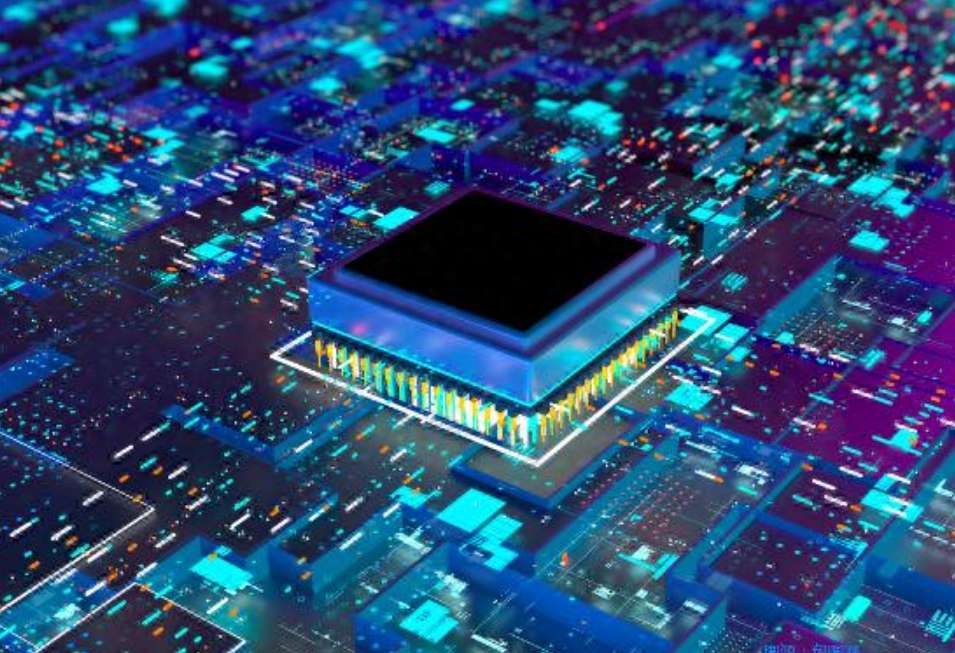OpenAI's Custom AI Chips
Advertisements
The world of artificial intelligence is constantly evolving, and with it, the technologies that power these advancements. On February 10th, news broke that OpenAI, a key player in the AI landscape, is on the verge of unveiling its first-ever internal AI chip. Sources indicate that the design for this groundbreaking chip will be finalized in the coming months, with plans to have it manufactured by TSMC, one of the world's leading semiconductor foundries. This chip is expected to leverage cutting-edge 3nm technology, with tests slated for late 2025 and mass production targeted for 2026. Excitingly, this chip is anticipated to feature high-bandwidth memory and expansive networking capabilities, setting the stage for significant breakthroughs in AI applications.
OpenAI's entry into the chip-making arena signifies a pivotal moment not only for the organization but also for the broader industry. By developing its own chips, OpenAI aims to reduce its reliance on Nvidia's GPUs for training and running its increasingly complex AI models. This move comes at a time when Nvidia dominates the AI chip market, holding a staggering 80% share, effectively monopolizing this key technological field. As AI continues to permeate various sectors of the economy and society, competitors have begun to recognize the necessity of developing proprietary chips as they seek to carve out their share of the market. In fact, tech giants such as Microsoft and Meta have also ventured into this domain, with Microsoft creating custom chips for its Azure cloud services, and Meta focusing on AI and virtual reality chips to support its expansive metaverse strategy.

OpenAI’s strategic shift toward internal chip development aligns with a broader trend within the tech industry where the stakes have never been higher. As new AI technologies emerge, organizations are seeking ways to optimize their processes and enhance the efficiency of their AI workloads. By producing its own chips, OpenAI not only gains a competitive edge but also opens the door for a new wave of innovation and technological advancement. This potential ripple effect across the industry could lead to accelerated growth in AI chip capabilities, as companies race to innovate and capture market share.
In light of this development, it's worth examining the individual behind the chip design. Richard Ho, a seasoned veteran in the chip industry, is leading the charge. With a master's degree from the University of Manchester and a Ph.D. from Stanford University, Ho's experience includes a tenure at Google that marked a significant phase in his career. On LinkedIn, he mentions overseeing functional design verification across multiple chip projects, including the Tensor Processing Unit (TPU), Video Coding Unit (VCU), and Image Processing Unit (IPU). His pioneering work with machine learning technologies to accelerate chip design demonstrates a profound understanding of the intricacies involved in chip development. He has even published papers in prestigious journals, reflecting his commitment to pushing the envelope in semiconductor design.
The anticipation surrounding OpenAI's chip has been building for years. In 2024, there was considerable speculation about whether OpenAI would successfully launch its chip before Nvidia could unveil a new large-scale AI model. Indeed, conversations between OpenAI's CEO Sam Altman and influential figures in the Middle East hinted at plans for funding to support chip development. This included discussions with Sheikh Tahnoon bin Zayed al-Nahyan, a prominent investor in AI technologies. These early initiatives and dialogues have undeniably laid the groundwork for the developments we see today.
Fast forward to this year, and the context around OpenAI's push for chip production has intensified. As competition in the AI sector heats up, particularly with the success of domestic models like DeepSeek, OpenAI seems to be accelerating its trajectory toward in-house chip development. Recently, Altman has been vocal about the evolution of OpenAI's large models, and his engagements in international lectures—including those in Germany and Japan—have hinted at significant updates to their AI frameworks. This culminated in a blog post on February 9th, further delving into insights on AGI (Artificial General Intelligence), which coincided with chip rumors. Furthermore, the high costs associated with chip research and development align well with OpenAI’s previous efforts to bolster its financing streams.
The market has taken notice of this bold move, with investors and industry analysts expressing keen interest in the potential performance of OpenAI's upcoming chip. Impressions suggest that the successful launch of this chip may significantly reshape the competitive landscape of the AI industry. As the timeline progresses toward large-scale production in 2026, the real examination of the chip's performance, cost efficiency, and overall market viability will begin. The industry will be watching closely, as the outcomes of OpenAI’s foray into chip design could become pivotal benchmarks shaping the future of AI technology.
In conclusion, the development of OpenAI’s internal chip heralds a new era in the AI realm. Not only does it illustrate a strategic response to the current market dynamics, but it also represents a critical phase of evolution within the tech industry. As OpenAI and its competitors invest heavily in the realm of chip innovation, the next few years promise to deliver exciting advancements that may redefine how artificial intelligence operates. The world can expect to witness an extraordinary interplay of technology, competition, and innovation as OpenAI embarks on this ambitious venture in chip development, setting a precedent for others to follow.
Leave a comments